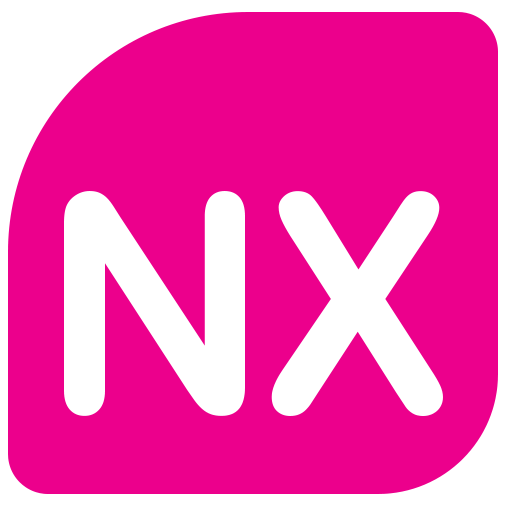Introduction
For any HYIP (High-Yield Investment Program) platform, security is a non-negotiable priority. With sensitive user data and financial transactions at stake, choosing the right framework is critical. Laravel, a popular PHP framework, excels in providing robust security features to protect platforms from common vulnerabilities and attacks. Here are the top five security features Laravel offers, making it the ideal choice for developing secure HYIP software.
1. Protection Against SQL Injection
SQL injection is one of the most common and dangerous web application vulnerabilities. Laravel’s Eloquent ORM prevents SQL injection by using prepared statements and parameterized queries. This ensures that user input is always sanitized before interacting with the database, effectively mitigating risks associated with unauthorized database access.
2. Cross-Site Request Forgery (CSRF) Protection
CSRF attacks trick users into performing unwanted actions on a web application where they are authenticated. Laravel provides built-in CSRF protection by generating unique tokens for each session. These tokens validate that requests originate from authorized sources, safeguarding your platform from malicious attacks.
3. Secure Authentication and Authorization
Laravel simplifies user authentication with its out-of-the-box solutions for login, registration, and password management. Features like hashed passwords, two-factor authentication (2FA), and role-based access control ensure that user accounts and data remain secure. By implementing these measures, HYIP platforms can prevent unauthorized access and data breaches.
4. Encrypted Data and Secure Communication
Data encryption is crucial for protecting sensitive information during storage and transmission. Laravel uses modern encryption algorithms like AES-256 to encrypt data at rest. Additionally, it supports SSL/TLS for secure communication between the server and clients, ensuring data integrity and confidentiality.
5. Protection Against Cross-Site Scripting (XSS)
XSS attacks inject malicious scripts into web pages, compromising user data and application functionality. Laravel prevents XSS attacks by automatically escaping output data in Blade templates. This feature ensures that all user-generated content is sanitized, blocking potential exploits.
Additional Security Practices with Laravel:
Regular Updates: Laravel’s active development community ensures regular updates to address emerging security threats.
Middleware: Laravel’s middleware enables the implementation of additional security layers, such as IP whitelisting and activity logging.
Logging and Monitoring: The framework’s logging capabilities help track and analyze system activities, making it easier to identify and address security issues proactively.
Closing Notes
Laravel’s comprehensive security features make it a standout framework for building secure HYIP platforms. From protecting against SQL injection to enabling secure authentication and encrypted communication, Laravel provides a robust foundation for safeguarding sensitive user data and financial transactions. By leveraging these features, you can build a reliable and trusted platform that meets the highest security standards.

